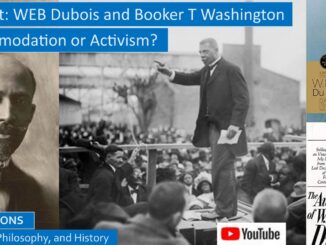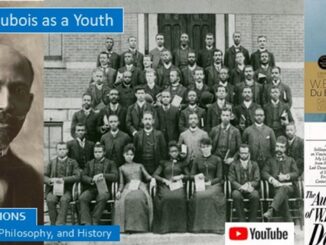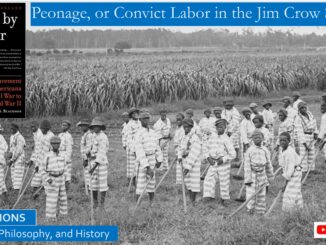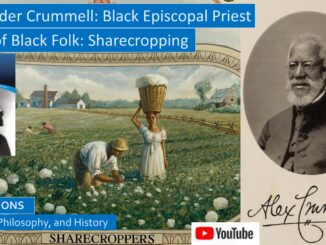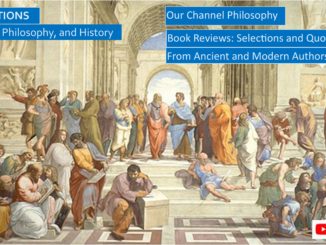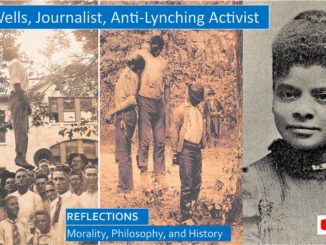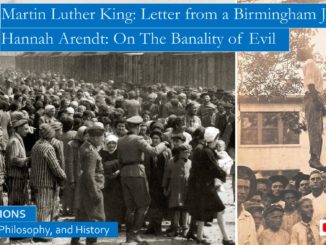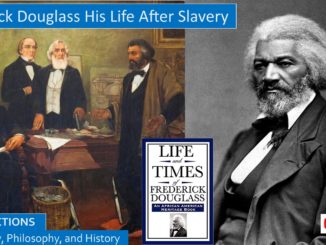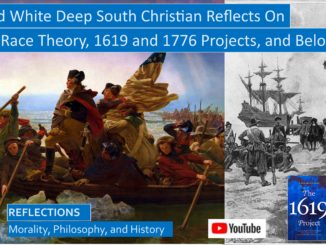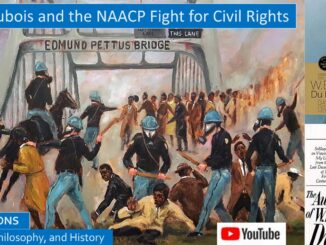
WEB Du Bois and the NAACP, Continuing the Fight For Civil Rights
In our continuing series of blogs and videos on WEB Du Bois, we will now reflect on these questions, among others:
What role did he play in making the NAACP the leading black activist organization?
How did he increase awareness of civil rights issues among Americans?
What were the tensions between him and the NAACP?
When studying the life and career of WEB Du Bois, we can ask ourselves another key question:
Why was he such a contrarian? […]

